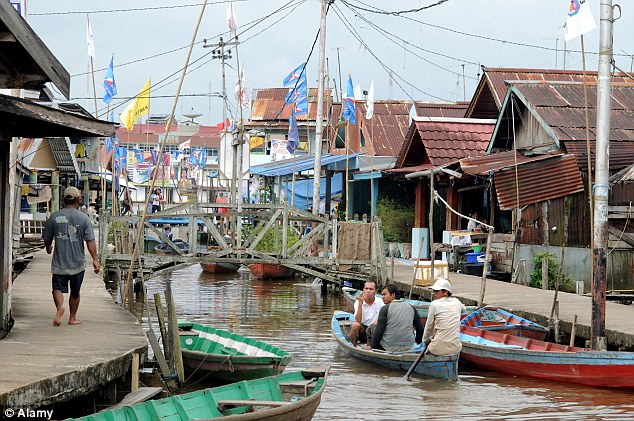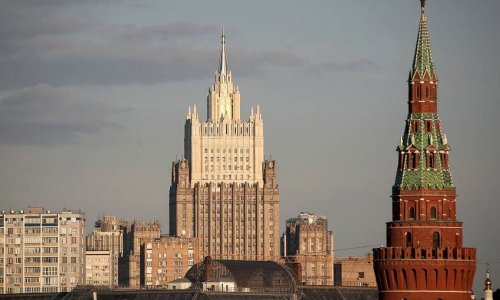The shocking scene is typical of Buenos Aires' Matanza-Riachuelo river basin, one of the ten most polluted places in the world.A list of ten filthy sites, from Russia to Indonesia to Ghana, has been amassed by the global environmental group The Blacksmith Institute - which says 200 million people are endangered daily in the top ten places alone.Some governments are working to make life better but in others, the damage has already been done.On the list is the former Soviet nuclear plant Chernobyl, which suffered a massive meltdown in 1986 in what is widely known as the worst nuclear disaster in history.Others, though, few people have heard of. Deep in the wastes of Siberia is the industrial city of Norislk. Founded by Stalin in 1935 to provide forced labour for the gulags, it was for decades the largest heavy metals mine in the world.It has leaked millions of tons of copper oxide, nickel oxide and sulphur dioxide into the atmosphere, causing lung diseases and cancers of the digestive tract.The report - which says six of the sites are new to the list since it was last compiled in 2006 - said symptoms of people suffering from pollution include organ damage, diahrroea, eye damage, vomiting, lung diseases, cancers and premature birth.The lack of good medical care in poorer countries means they are particularly vulnerable - explaining, in part, why many of the worst places are in what was traditionally called the Third World.The report said: 'The shortage of adequate resources in many low-and middle-income countries increases the severity of health impacts from toxic pollution while simultaneously marginalizing those who need help the most.'An objective of the work of Blacksmith Institute and Green Cross Switzerland and one goal of this report is to enhance understanding and funding for this crucial area of public health.'The most densely-populated area, Indonesia's Citarum River Basin, is home to some nine million people but also countless factories and industrial sites.Despite providing 80% of Jakarta's drinking water it has lead at more than 1,000 times the recommended level and manganese at four times the recommended level.Meanwhile Hazaribagh in Bangladesh has a more unexpected source of pollution - it is teeming with almost 300 tanneries to make leather.The process of making leather uses dangerous amounts of the chemical hexavalent chromium, which was made famous as a water pollutant in the Hollywood film Erin Brockovich.The chemical causes cancer and is almost universally banned throughout Europe, but it is among the 22,000 cubic litres of toxic waste dumped into Hazaribagh's water supply every day.Tannery workers' homes are built next to contaminated streams, ponds and canals and they suffer horrifying symptoms including skin rashes, acid burns, dizziness and nausea.In Kalimantan, Indonesia, a long history of gold mining is to blame. The process uses large quantities of the toxic chemical mercury - causing decades of health problems for its residents.The Western world has a big part to play in the levels of pollution in these countries, the report said.Dr Jack Caravanos, assistant director of research at the Blacksmith Institute, told the Earth Island Journal: '[In the United States,] your whole body is covered with products whose fundamental chemical ingredients have likely come from other countries. The contamination stayed in those countries.'The report said several governments, especially in Indonesia, are doing their best to tackle the problems.Others have been taken off the 'worst ten' list since 2006, including sites in Peru, Kyrgyzstan, Russia, India and Azerbaijan.But the report admits there will inevitably be pollution scandals waiting to be uncovered.It said: 'These listings, as explicitly acknowledged in the reports, were based on limited information and data.'This was only to be expected, since pollution by its nature shuns the spotlight.'(dailymail.co.uk)ANN.Az
World's most toxic places revealed PHOTO
World
17:28 | 18.11.2013

World's most toxic places revealed PHOTO
Dressed in drab red jumpers, two children climb to the top of a rubbish heap a dozen times taller than them.
Follow us !










